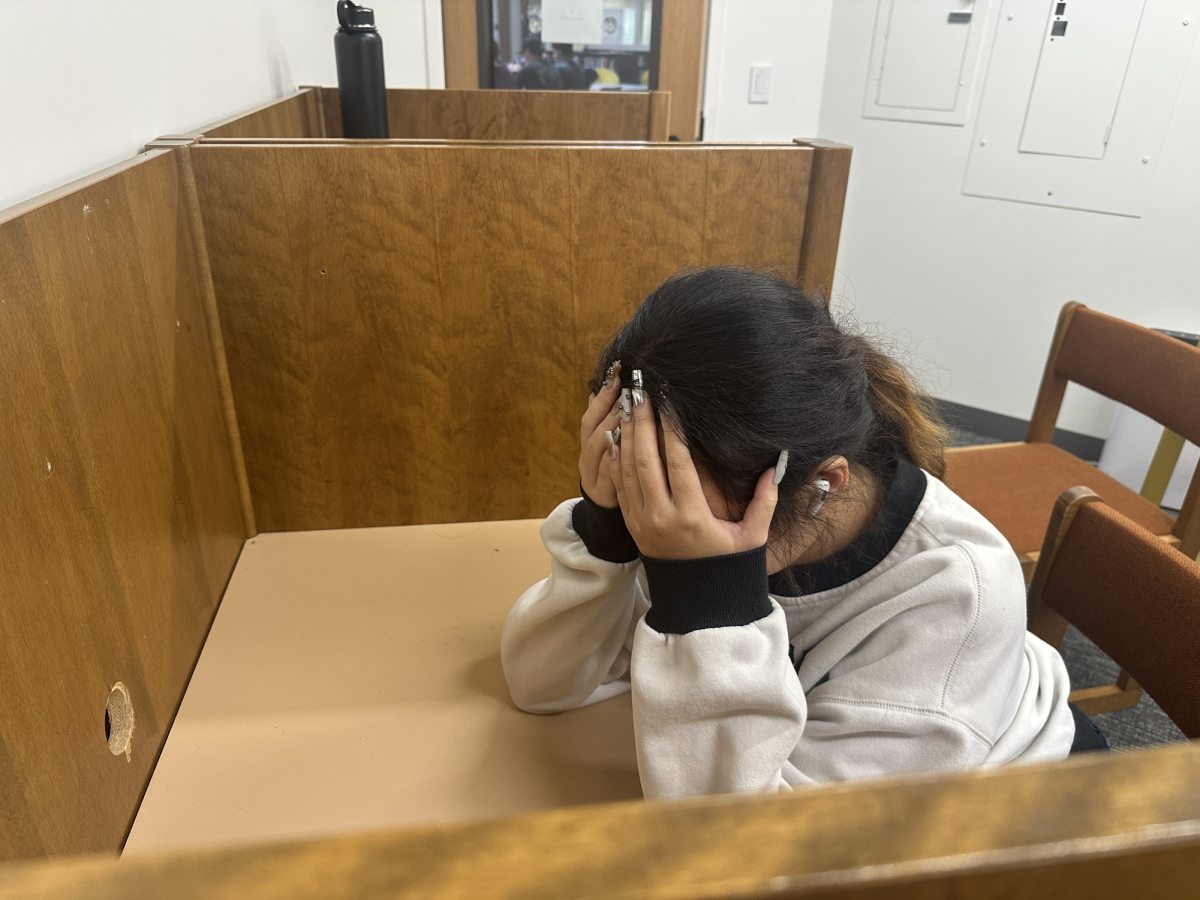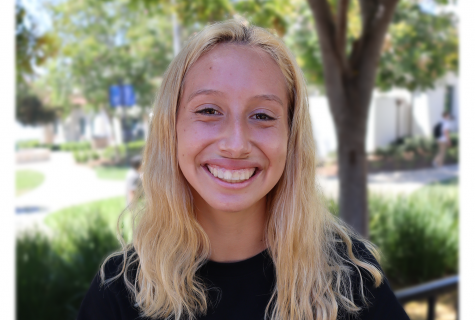Scrolling through Instagram, you may encounter black screens from #blackouttuesday, stories reflecting personal pain and outcry, and opinionated posts on police brutality and racism. People and influencers are utilizing social media to express support for the Black Lives Matter movement and educate others on the history of racism. Although the desire to support the movement is applaudable, there is also an unprecedented amount of users resorting to humiliation and bullying to diminish those who do not share their beliefs.
Since the murders of George Floyd, Ahmaud Arbery, and Breonna Taylor, users of all ages have been active on social media, demanding justice for victims of police brutality. Activists are not only commanding for social fairness, but also arguing that police brutality is a serious issue that must be addressed and that members of law enforcement are despicable because they contribute to a racist system. There has been an increased use of the hashtag #ACAB, meaning “All Cops Are Bastards.” However, the first public appearance of ACAB was 1977 when a journalist spent the night in a prison and documented how ACAB was written all over the walls. This event proves that the acronym is not just a result of the current events. ACAB does not target individual cops, but it points out the flaws of the policing system, including the enabling violence against people of color.
I strongly agree with the message being conveyed and believe there are flaws in the law enforcement system that need to be eradicated. However, I do not agree with the wording of the acronym, for it can easily be misinterpreted. This dispute has resulted in controversy with people offending others to prove their argument “right.” Hateful rhetoric fails to resolve conflicts, as it is connected to terrorizing acts and harmful events.
In a recent post on the Webb Art Club Instagram account, Katie Arzate (‘23) submitted two poems expressing her concern for the officers that risk their lives on a daily basis to protect others. Katie wanted to share her perspective about law enforcement with the Webb community. In her work, she argued that she did not agree that all cops contribute to a racist system, while displaying her fear for her parents who work in law enforcement.
After the post was published, the comment section received a few comments; but when the artist statement was released, it flooded with hate, negativity, and insults. Many people began arguing and targeting Katie for her support of the police. Some of the comments even included how many people in general do not have knowledge of the subject and, in a way, calling them ignorant of the situation. Although some Webbies were simply trying to help educate others on their side of the story, some phrases came out hurtful and were unnecessary. Mocking someone’s education and knowledge is one example of the offensive statements that were displayed in the comment section.
“People should be more open-minded and realize that other people are struggling with different things during these times,” said Katie. “I wanted people to see my perspective of this, however, I got some rather impolite backlash in the comments. ACAB means one thing to some people, and a total other thing to me.”
While Katie was targeted, those who supported her were also called out. Some of the people that were insulted did not support the poem’s meaning but wanted others to respect her opinion and allow her to voice out her concerns.
The problem with social media is that online posts leave out the bulk of tone and context. However, this does not mean that these aspects are completely absent. In some ways, social media is all about tone, but the issue is that tone skews toward vitriol with ease. A comment can widely be misinterpreted because there is no face-to-face conversation occuring, so although someone may have good intentions, others may not see it that way. Social media is a difficult platform to build discourse, so civic engagement should not take place in a comment section, but rather, in person and not behind a screen.
Media platforms should be places that provoke discussion, not where the conversations take place. As a community, we need to stand together and support one another, even if we do not always agree with each other. Using humiliation as a weapon is not going to make your point more valid. Although you may feel empowered because you are behind a screen and not in person, if you disagree with someone, do not drag them down with negativity.
As Dr. Theresa Smith, Assistant Head of Schools, said in her email to Student News, “…as always, there is no place for name-calling or personal attacks in our civil discourse at Webb. Let’s call our community into conversation, not call people out.”
Although Dr. Smith’s email was not directed towards the exchanges on Instagram, it was meant to remind the Webb community of our values around dialogue and to be aware of what we say to one another.
If you feel you will not say something to a person face-to-face, then do not say it online. Social media is not the answer to social problems. Instead of spending your time arguing with other people in the comments, empower student voices by participating in direct action like going to protests and signing petitions. We should have bold minds and opinions, and we should always have a foundation of integrity and respect when expressing them. The next time you want to say something online, ask yourself: How is this going to spark change in the world? How will this comment enhance the movement? If you cannot answer these questions, you should not say anything at all.






![Many Webb students spend their free time in the library watching a popular TV show like Riverdale and Euphoria. “Based off what I’ve seen, like in Euphoria, because the actors are older, they don't showcase an actual high school life properly,” Sochika Ndibe (‘26) said. “Since [the actors] are older [and] playing a teenager, from a girl’s perspective, it is going to make you think you should look more developed at a young age.” The actor, who plays Veronica Lodge, was 22 years old at the time of filming.](https://webbcanyonchronicle.com/wp-content/uploads/2025/03/Antecol-Media-affects-how-society-functions-graphic-1200x900.png)








